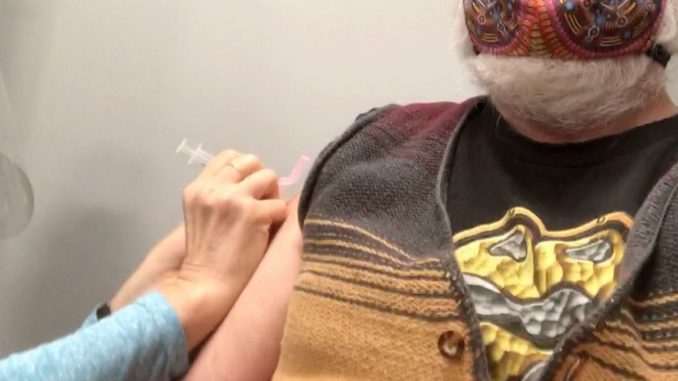
As public health officials work to contain the coronavirus pandemic, they often feel like they’re waging two fights. The most direct is against the disease itself, which has sickened around 3.3 million Californians and killed more than 44,000—with 10,343 infections and 148 deaths in Butte County, as of Feb. 8. But they’re also up against knowledge gaps that have bred resistance to prevention efforts.
“Unfortunately, and particularly over the past four years, there’s been a plethora of social media sites that have mis- and disinformation, myths and falsifications, about a whole variety of things,” Dr. Robert Bernstein, Butte County’s public health officer, told the CN&R.
Nowhere has this been more evident than with vaccination.
The U.S. Food and Drug Administration has approved two COVID-19 vaccines, by Pfizer-BioNTech and Moderna, and is in the final approval step for a third, by Johnson & Johnson. Each has undergone clinical trials, compressed by circumstances, with the worldwide outbreak allowing researchers to find sufficient numbers of patients to verify safety and efficacy.
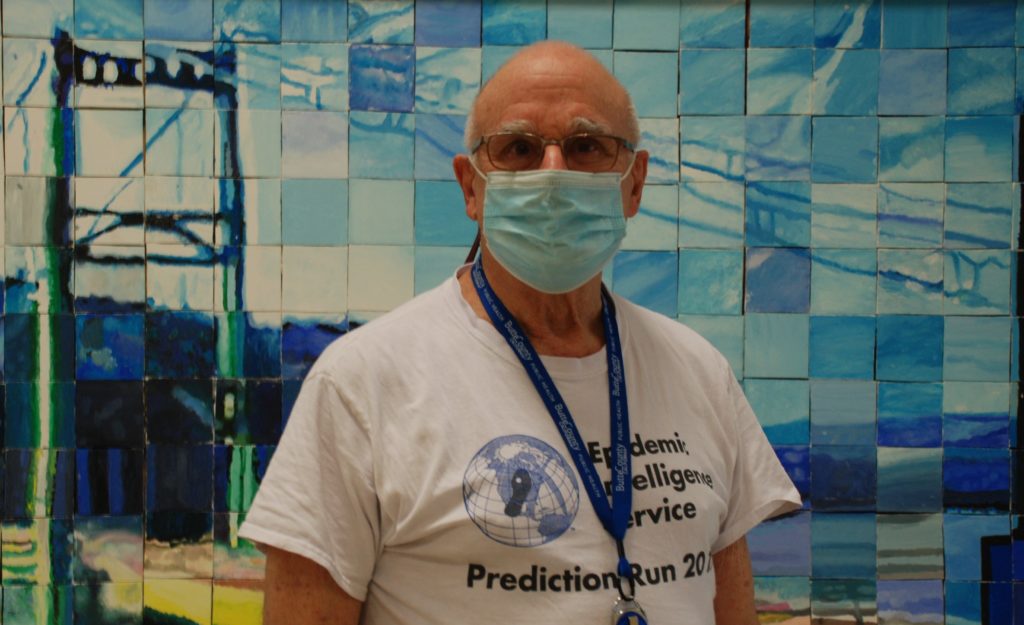
Yet, conspiracy theories pervade the internet. Some people—or bots—propagate the belief that vaccines contain tiny microchips for Big Brother tracking; others, that vaccines spread the disease. These falsehoods dog medical professionals attempting to build immunity levels in communities such as ours to levels that protect those who cannot get vaccinated for legitimate health reasons.
“There are authoritative sites of information for curious, educated people and for curious, not-so-educated people,” Bernstein said. “Those are websites for organizations like [the] CDC and the World Health Organization, and not like QAnon.”
Chris Marking agrees. The pharmacy director at Enloe Medical Center, who’s overseen 10,000 COVID vaccinations of health-care and education workers since December, Marking has heard his share of wild notions, including a report—quickly debunked—that one of the vaccines sterilized women.
Local health officials stress the importance of getting informed, by their doctors and other reliable sources, before signing up for a vaccination.
“It needs to be a thought-out decision,” said Marking, a pharmacist since 1995. “I think you need to get your news from a reputable source is the biggest thing, but if you have any concerns or questions, talk to people that actually are knowledgeable and have educations in this area, are not just repeating what someone told them a week ago or they read somewhere else.
“There’s some people that just probably shouldn’t have the vaccine; those are legitimate cases. But I don’t want someone who’s been persuaded into not getting it when it possibly could have saved their life, too.”
Case by case
Bernstein said there’s no substantial difference between the Moderna and Pfizer vaccines in terms of delivery, safety or efficacy (the U.S. Centers for Disease Control and Prevention has detailed information for each at cdc.gov). Both require two doses and both need to be stored at freezing temperatures (-4 Fahrenheit for Moderna and -94 for Pfizer).
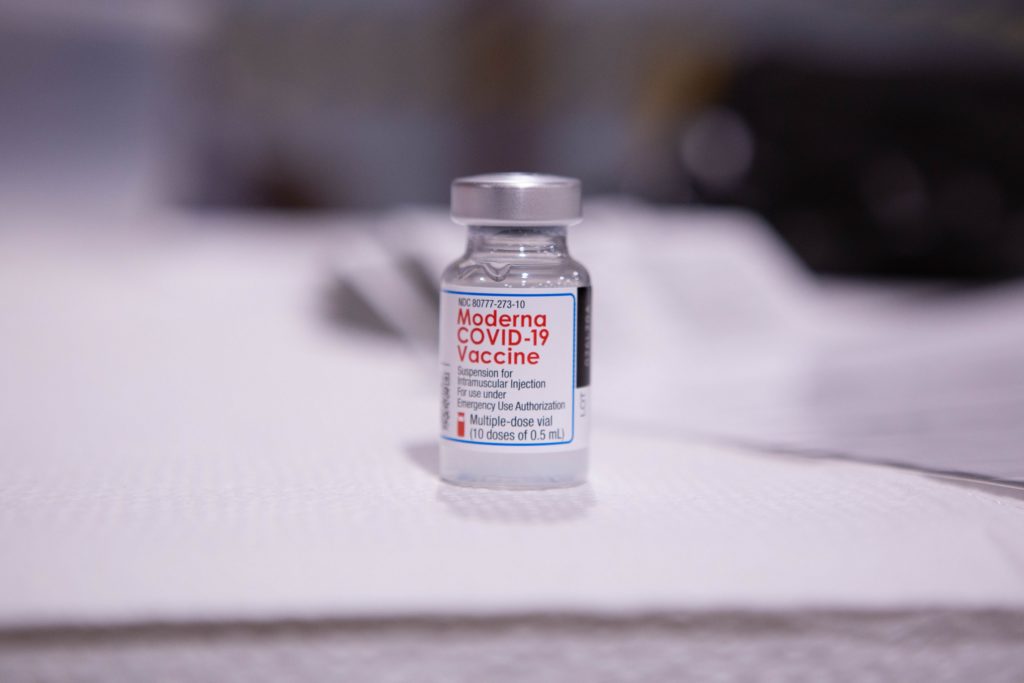
Johnson & Johnson’s vaccine, through its Janssen Pharmaceuticals division, would be a single-dose regimen and refrigerated versus frozen. The FDA will consider its approval Feb. 26.
Supply constraints have impacted counties’ ability to vaccinate widely. A third vaccine would help alleviate that issue. In the meantime, Marking pointed to a recent manufacturing deal by Pfizer with drug manufacturer Novartis as a boost. Butte County has been allotted 55,625 doses so far.
In addition to Enloe’s 10,000 vaccinations, the hospital and Butte County Public Health have operated a community clinic at Meriam Park where another 7,500 in the county have gotten the shot. Those are residents who top the priority system established by the state, which emphasizes age and high-exposure occupations as the prime risk factors.
Seniors 65 and older can schedule an appointment now via the Public Health vaccination webpage (buttecounty.net/ph/COVID19/vaccine). The site is also where anyone in an essential-worker field can find their priority order and details about the process. There’s no set timetable for when the general public will be able to get vaccinated, but estimates range from late-spring to summer.
For most people, there are some potential short-term side effects with the vaccines—soreness at the injection site and a general feeling of unwellness for a day or two (particularly after the second dose).
Those with pre-existing health issues may need to dig deeper. Both vaccines carry a contraindication for people who have experienced anaphylaxis after a vaccine or injected medicine.
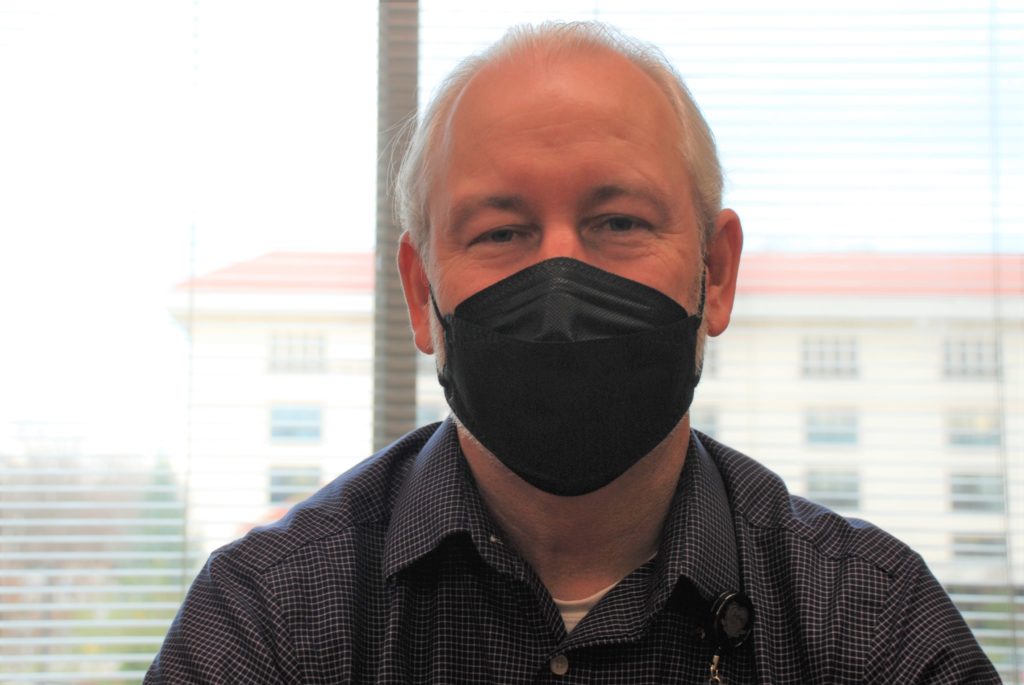
“That’s probably the biggest pause I would put on it,” Marking said—noting that if, for instance, someone says they have an EpiPen for bee stings because of a past reaction that required a visit to the emergency room, he’ll advise them to “really make sure you’re thinking it through.
“Not that you can’t get the vaccine, but you obviously want to bounce it off some health-care professionals specializing in allergic reactions.”
Certain conditions, such as Bell’s Palsy and Guillain-Barré syndrome—for which people have hesitance for vaccines in general—also merit caution and consultation.
Physicians have debated whether pregnant women should get vaccinated. The WHO initially recommended against it then recently reconsidered, Marking said, while the American College of Obstetrics and Gynecology supports vaccination due to evidence that pregnancy elevates COVID-19 risk. As such, expectant women should speak with their health providers to gauge their individual conditions.
Something else to note: The vaccines might not provide blanket immunity.
“The Moderna and Pfizer vaccines, once an individual has had both doses, should be effective in preventing that individual from getting COVID disease—and especially from getting severe COVID disease,” Bernstein said. “But as far as we know at the moment, [vaccination] doesn’t prevent the person from transmitting a SARS-COVID-2 [aka COVID-19] infection to another person.
“So it’s extremely important to continue to use the non-pharmaceutical interventions that we know are very effective: wearing a mask over the mouth and nose, staying 6 feet apart, avoiding large crowds and poorly ventilated places, washing hands. We don’t know yet what the level of coverage is we need in the community for ‘herd immunity’ and whether a person who’s been vaccinated is capable of shedding virus in a way that will infect another person.”

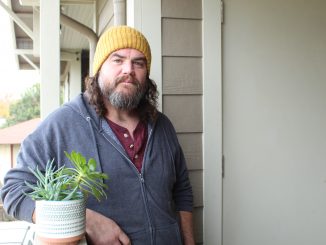

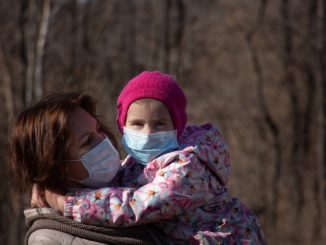
Be the first to comment